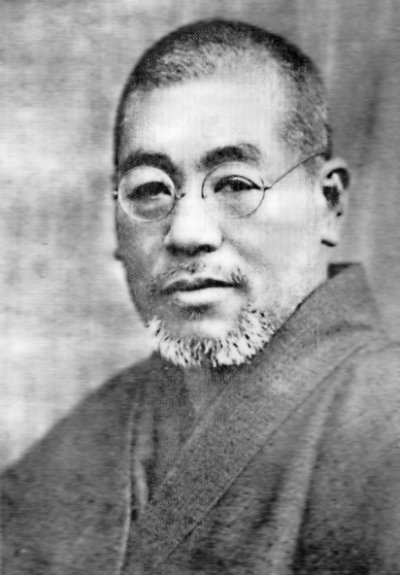
What is Reiki?
Reiki is a complementary energy healing practice, promoting the wellbeing of our body and mind, which can help lead to a feeling of relaxation, inner calm and centeredness. It supports one's own natural healing abilities, and therefore it never causes any harm and has no contraindications. Reiki is not associated with any religion and is equally available to everybody.
The word Reiki (霊気) consists of the syllables Rei meaning universal or spiritual, and Ki meaning life force, the vital energy that sustains life and flows in every living thing. Ki is also known as "Qi" (pronounced “chee”) or "Prana." Reiki therefore describes and refers to the purest form—or a spiritual form—of Ki and can be translated as "spiritual or divinely guided life force".
How it works
During a session, Reiki energy is passed from the practitioner, who is a channel for Reiki, to the client by lightly placing the hands in specific energy locations on or above the fully-clothed body.
The nurturing energy is often experienced as a warm, tingly or pulsating sensation, and can help to restore our energy centers to a state of harmony. It can be practiced in person and also remotely.
Nowadays, Reiki is practiced worldwide, including in hospitals and hospices to complement other forms of therapy. Although Reiki is not a magic cure that makes all our problems vanish, it promotes our natural healing abilities and it can help us re-connect with our inner calm—our natural state of mind—thus empowering us in the face of adverse conditions.
Who Can Benefit?
Anyone can benefit from Reiki. Whether you have aches and pains, or are in good health and simply wish to feel more balanced and grounded, Reiki is here to support you and serve as a form of prevention.
Reiki may help with:
Mental distress
Physical pain
Insomnia
Pregnancy
Grief
Fatigue
Preparation for surgery
Post-surgical recovery
Chronic disease
Terminal conditions
How Reiki can help
Reiki can help us on a deep level because it not only supports our physical healing process but also our emotional healing process. It allows us to pause and just be, thus re-connecting us with our potential for inner peace, compassion and wisdom—our true self.
Everybody experiences Reiki in their own way, however, clients receiving Reiki have reported:
Alleviation of pain
Deep relaxation
Better sleep
Feeling centered
Release of tension and emotional heaviness
Origins of Reiki
The father of Reiki, Mikao Usui, was a spiritual seeker from Japan. He did not invent Reiki, but rather tapped into this universal life-force energy. Understanding the effectiveness of Reiki healing, he passed his teachings to thousands of students during the early 1920s.
About 80 years ago, Reiki was introduced to the Western world by American-born Hawayo Takata, a student of Chujiro Hayashi, who was one of Usui’s early disciples.
Today, Reiki is practiced throughout the world.
MIKAO USUI
HAWAYO TAKATA
Connect with your true self.
Reiki helps us relax deeply, thus allowing us to connect with our potential for healing, inner peace, wisdom and compassion at our heart—our safe space within, our inner Reiki Den.
Pause and just be.
Reiki sessions are opportunities to pause and check in with ourselves in the presence of a compassionate Reiki practitioner. Reiki always meets us where we are and serves our highest good. Reiki energy knows where to go and naturally flows wherever you need it.
Release your tensions.
Reiki can be experienced as cleansing and soothing, releasing physical and emotional tensions and energies that no longer serve us. As a result we feel refreshed and renewed.




